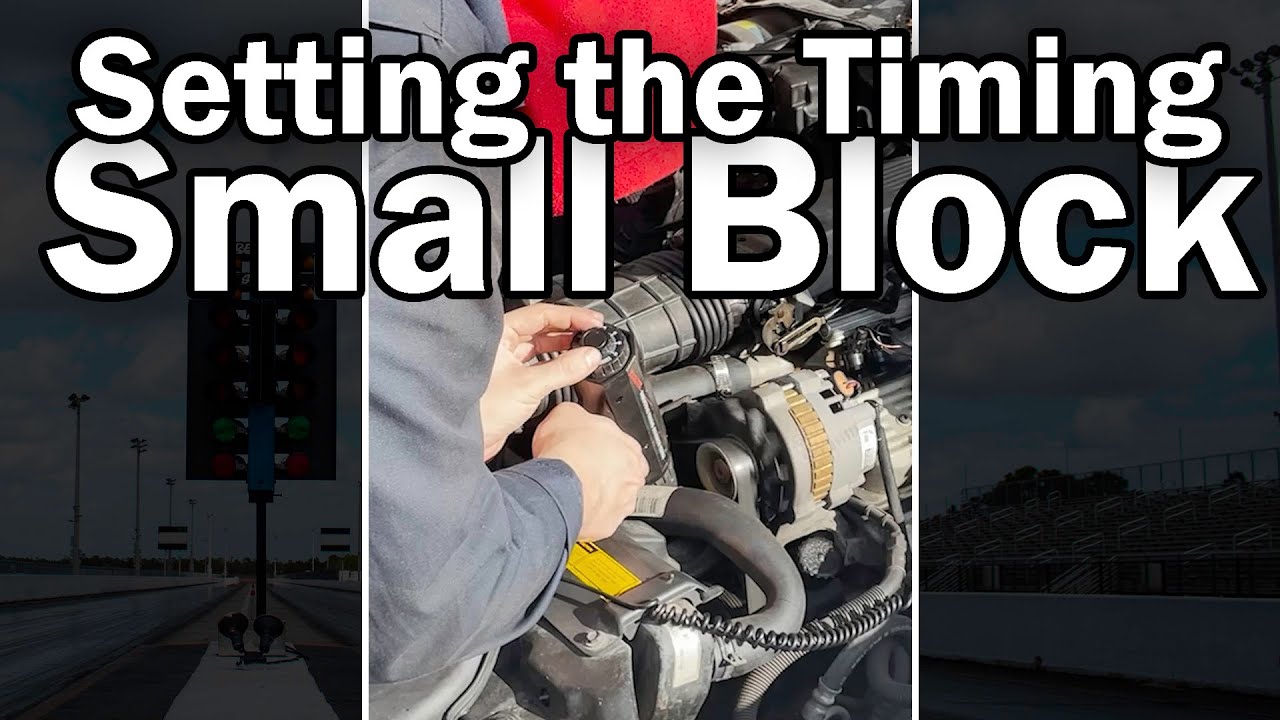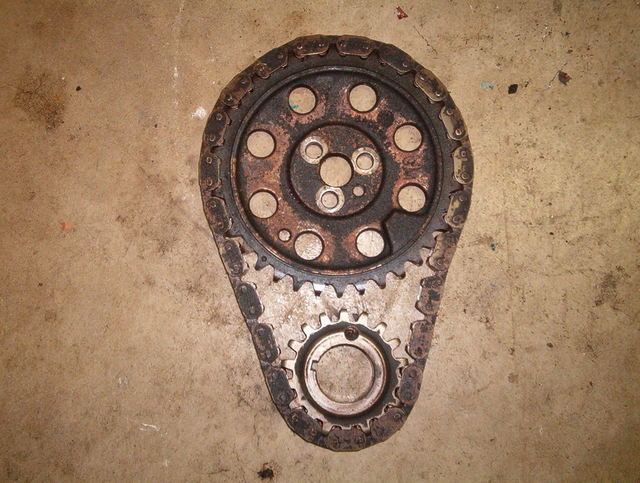
Another tip with a hi performance ignition system is when purchasing replacement Caps/Rotors is to go with a set from a known “Good Brand’ which uses Brass Cap Terminals, not cheap Aluminium terminals. Once you have finished checking you can simply fill the hole in the Cap with silicon RTV taking care not to let any excess Silicon inside the cap.In my experience this Air Gap problem is relatively new (within the last 10-15 years) and wasn’t a common problem with most O.E.M Caps and Rotors, but appears more common with a lot of replacement parts nowīeing sourced offshore -( its really let the buyer beware… if you aware there could be problem you can simply check it by the above method. Another thing which affects this Air Gap is not only the Radial Clearance but also Ive seen quite a difference on the vertical alignment between the different brands….which also has a big influence on the Air Gap.

Anything up to 3mm Air Gap is acceptable as long as the Phasing is correct. Any engine that does, you can warm up the engine and with it running, hold the throttle open to about 4000 rpm and advance the timing until it starts to. The Air Gap is easier to check by removing all the Plugs and turning engine over by hand until the Rotor Tip comes into view at which point you should be able to see ( with a good torch) both the Tip and the Cap Terminal and using a twist drill be able to measure the Air Gap between the 2. Its quite an easy operation to perform these x2 checks on both the Rotor and the Cap by simply drilling a hole in the Cap as close as possible to any one of the Hi Tension Terminals which would allow you to clearly see the Phasing and Air Gap. This much of an Air Gap can seriously effect the Spark Performance especially if your running high compression and a big cam on the street with lots of low rpm use. and a Cap with a Large Terminal P.C.D then its very likely you could end up with up to 6mm of Air Gap between your Rotor Tip and the Cap Terminals. Of these 2 components… if you unlucky enough to have a Rotor with a ‘Short Tip’ length measured between the centre of the Rotor and the end of the Tip…. There appears to be a huge variation in dimensions

closely followed by Rotor/Cap Phasing… and to a lesser extent, but still important if your chasing the best possible ignition performance is to check the Air Gap between the Rotor Tip and the Cap Terminals. Adjust your ignition timing using the Total Timing Procedure.Forgot to mention the first thing to check is T.D.C #1 exactly matches 0 degs on Harmonic Balancer….If the advance is a little high, rotate the distributor. The engine should start right up! After Start-Up Hold the rpm at 3000 just long enough to check the timing on the plate. The Initial Timing is now set for 10 degrees BTDC. When you turned the timing back down to 36, you were likely running 14 initial - which that cam probably didn't like much.
#ADVANCE TIMING SBC INSTALL#

JUST SLIGHTLY rotate the distributor backwards from the normal direction of rotation.Line up the magnetic pickup with the reluctor.Align the distributor rotor with the cap location for the #1 spark plug wire.Turn the crank backwards until the degree wheel reads 10 degrees BTDC.Install the Degree Wheel on the crankshaft and set it to zero.Rotate the engine to TDC on the Compression Stroke of the #1 cylinder. TIMING ADVANCE As engine rpm increases, it is necessary to advance the ignition timing.Set the Lifter Preload or Valve Lash on all cylinders.If it's not already done, complete these steps before installing the distributor: If you recieved specific instructions from your engine bulider, please follow them. The following is a general procedure that works well for most engines.


 0 kommentar(er)
0 kommentar(er)
